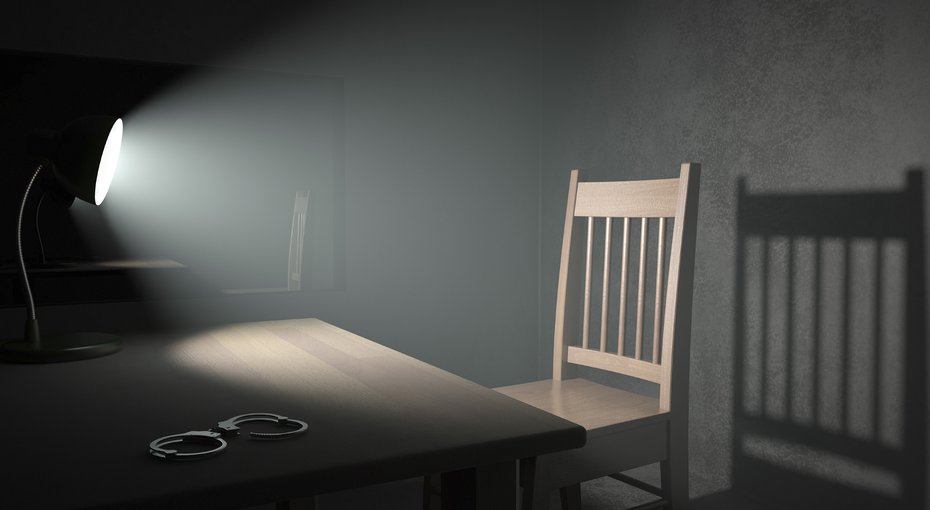Source: iranwire.com
By Kian Sabeti

In Iran at the moment, most young Iranians aged 18 or 19 are impatiently waiting for their results in the nationwide university entrance exams. But Pegah, who lives in Karaj near Tehran, spends his time going from one office to another, as per intelligence ministry instructions.
In recent days, according to reports received by IranWire, the Intelligence Bureau of Karaj has been pressuring a number of Baha’i university applicants to promise that if their applications for the university are accepted, they will stop following the tenets of their faith.
Over the last several recent years, many Baha’is in Iran have successfully passed the entrance exams but, when they arrive at the university to choose their field of study, are turned away under the pretext of having an “incomplete portfolio.” Pegah was given the same excuse when he was told he would not be able to attend college, but he has not given up. This year, he hopes he will be allowed to enroll at the university just as his high school classmates have done.
“On Sunday morning, someone — who did not identify himself —phoned and said he wanted to have a short interview with me about the 2018 entrance exams,” Pegah told IranWire. “He gave me the address of the Intelligence Bureau of Gohardasht, where I was to go. At 10am on the following day I went to that address and spent about 20 minutes in a room answering their questions. They told me that the results of the entrance exams were likely to be published soon and since I might have passed the tests they had to get some information about me. They asked me questions about Baha’i religious organizations and religious classes, but I did not answer these questions because they had nothing to do with the entrance exams. I only wrote down my own bio.”
“Essentially, they wanted two things,” Pegah said. “The first was that if I were accepted to the university, I would not proselytize for the Baha’i faith. I asked them to show me a law that makes proselytizing illegal. Then I told them that I would not proselytize but that if somebody asks me about my faith I cannot lie. [Baha’i tenets do not allow a Baha’i to lie about his faith.] The second was that if I was enrolled I would follow the laws of the Islamic Republic instead of the instructions issued by the House of Justice [the international governing council of the Baha’i faith]. I replied that I would obey the laws of the Islamic Republic but that I cannot ignore the instructions of the House of Justice because as a Baha’i I must obey them.”
Your Nickname?
For 18-year-old Nina, this year’s entrance exam was her first. Three days ago, the Intelligence Bureau of Karaj called her and asked her to go to their office to answer questions related to the exams and, like Pegah, she followed their instructions. “They gave me two forms,” she told IranWire. “The first form was about detailed personal information, even strange questions like “known as” and “nickname.” I filled it out and signed it. Then they verbally asked me questions about Baha’i gatherings and my religious activities but since the questions had nothing to do with the exams I refused to answer them.”
The second form, besides asking for a full name, was a series of statements to be ticked off. “For instance,” she said, “whether I had passed the exam or I had selected my field of study. But at the bottom of the form it said: ‘I obey the laws of my country, not those of the House of Justice in Occupied Palestine and I do not recognize the House of Justice.’”
Nina did not fill out the second form and told officials it did not apply to her because the first question was about selecting a field of study and she had not done so. But they insisted she fill it out, saying: “If you pass the exam next year, you must sign this form before you go to the university, so it would be better if you would fill it out today.” Nina answered that if that happened, she would return. “We will talk about the form,” she told them.
Cultural Revolution
For more than 35 years Baha’i citizens of Iran have been banned from studying at institutes of higher education. The ban started with the so-called “Cultural Revolution” from 1980 to 1982, which led to the expulsion of all Baha’i teachers and students from the universities.
The ban on even participating in university entrance exams continued until 2005. In that year the Education Evaluation Organization, which oversees all aspects of nationwide university entrance exams and admissions, announced a change in the meaning of the “religion” question on application forms, meaning that it did not ask the actual religion of the applicants but instead tested applicants’ knowledge about a specific religion. So, after 25 years, Baha’i applicants could participate in the entrance exams. The Baha’is chose “Islam” and were granted permission to compete in the exams.
Even so, if Baha’i applicants do pass the exam, they are turned away and given the excuse of “incomplete portfolio.” The very few who somehow slip through are expelled the moment the security watchdog of the university finds out they are Baha’is.
This religious discrimination extends even to private and non-profit institutes of higher education. In the last 40 years no Baha’i has graduated from any university in Iran despite the fact that, with more than 300,000 people, Baha’is are the biggest non-Muslim religious minority in Iran.
Since the 1979 Revolution, Baha’is have been denied the most basic of citizen civil rights. They are even banned from working for the government. At international forums, officials of the Islamic Republic consistently deny this discrimination against the Baha’is but, story after story, as with the two above, belie their claims.
Leave a Reply